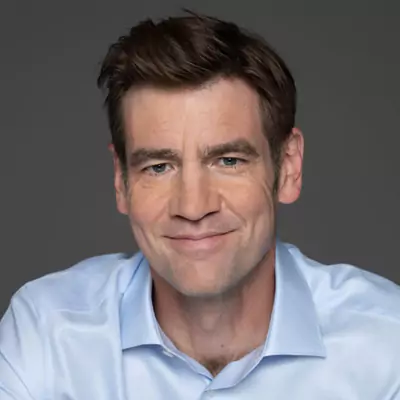No matches
We couldn't find any matches for "".
Double check your spelling or try a different search term.
Still can't find what you're looking for? Check out our featured articles.
Featured Articles
The long game for crypto
AI needs crypto — especially now
Chris Dixon
Chris Dixon is a general partner and has been at Andreessen Horowitz since 2013. He founded and leads a16z crypto, which invests in web3 technologies through four dedicated funds with more than $7 billion under management.
Chris is the author of Read Write Own: Building the Next Era of the Internet (Random House, January 2024).
Previously, Chris was the cofounder and CEO of two startups, SiteAdvisor and Hunch. SiteAdvisor was an internet security company that warned web users of security threats. The company was acquired by McAfee in 2006. Hunch was a recommendation technology company that was acquired by eBay in 2011.
Chris has been a prolific seed investor, cofounding Founder Collective, a seed venture fund, and making a number of personal angel investments in various technology companies.
Chris started programming as a kid, and was a professional programmer after college at the high-speed options trading firm, Arbitrade. He has a BA and MA in Philosophy from Columbia and an MBA from Harvard.
Chris writes about his theories and experiences as an entrepreneur and investor on Mirror, and before that on Medium and at cdixon.org. He is also a frequent guest on the “web3 with a16z” podcast.

